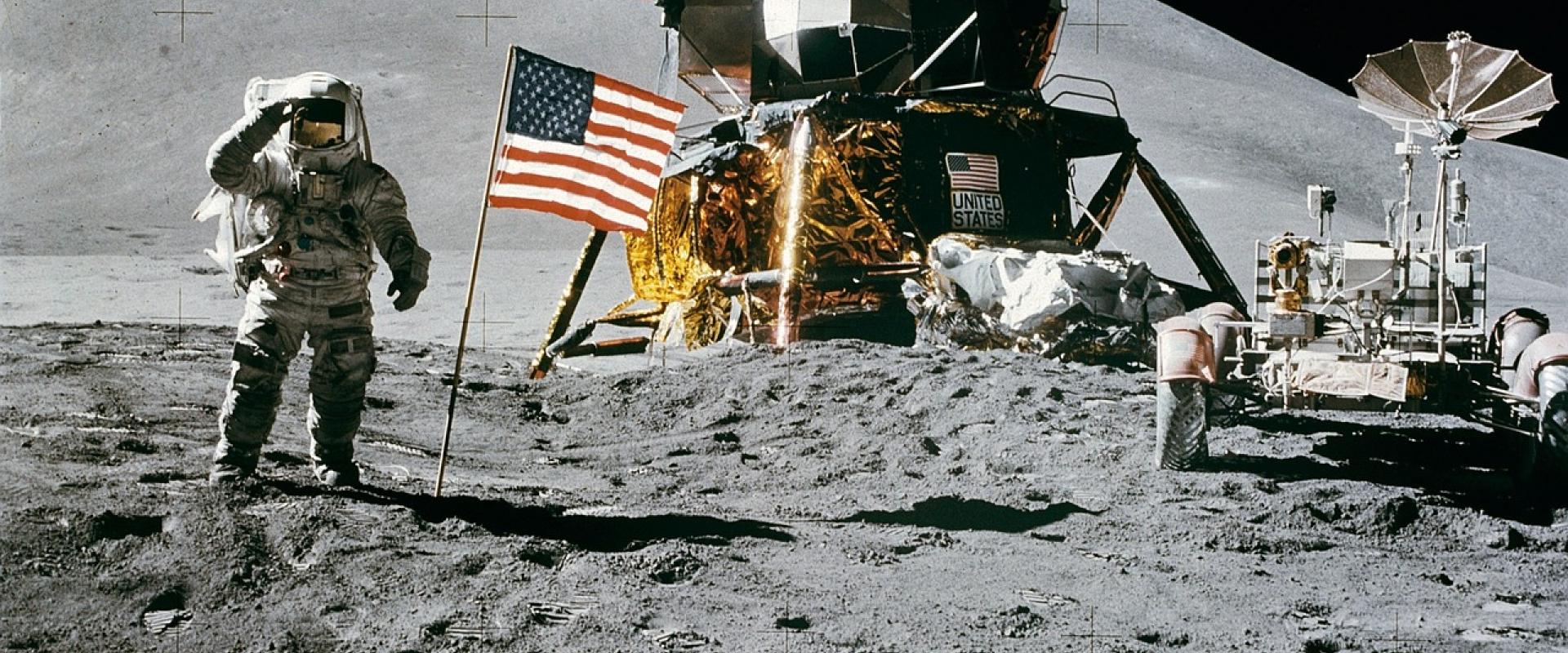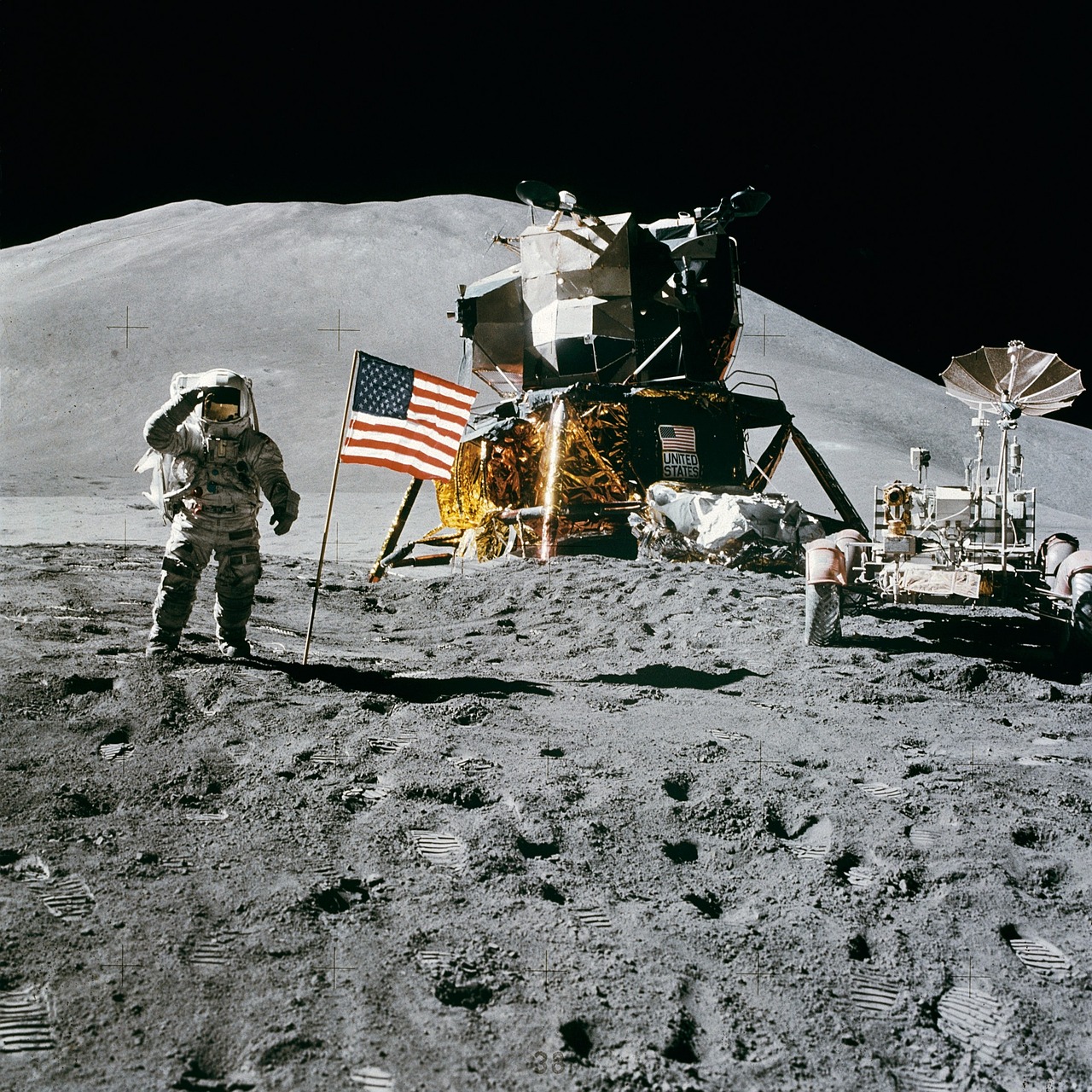
International Day of Human Space Flight 2026

International Day of Human Space Flight 2026: A Tribute to Exploration, Unity, and Progress
Celebrated each year on April 12, the International Day of Human Space Flight honors the historic 1961 mission of Yuri Gagarin, the first human to travel into space. This global observance recognizes the launch of human space exploration and highlights the ways in which space science continues to benefit life on Earth. The day was officially established by the United Nations General Assembly in 2011 to commemorate this defining moment and to promote the peaceful use of outer space for all nations.
A Turning Point in Human History
Yuri Gagarin’s 108-minute orbit aboard the Vostok 1 spacecraft marked a new chapter in human achievement. His mission, launched from Kazakhstan on April 12, 1961, demonstrated the possibilities of space travel and sparked decades of international cooperation in space. Since then, human spaceflight has continued to break new ground, from the Moon landings to the International Space Station.
Peaceful Use of Outer Space
Since the early days of Sputnik I and Gagarin’s historic flight, the United Nations has emphasized that space should remain a domain of peace. The Treaty on Principles Governing the Activities of States in the Exploration and Use of Outer Space, signed in 1967, laid the foundation for peaceful collaboration. Today, the UN Office for Outer Space Affairs (UNOOSA) continues to promote access to space for all countries, particularly developing nations, through cooperative missions and scientific programs.
The Legacy of Exploration
Beyond Gagarin’s flight, space history is filled with groundbreaking milestones:
-
Valentina Tereshkova, the first woman in space (1963)
-
Neil Armstrong’s first steps on the Moon (1969)
-
Apollo-Soyuz docking, the first international crewed mission (1975)
-
The launch of Columbia, the first Space Shuttle mission (1981)
Each achievement reminds us that space exploration is not the pursuit of a single nation, but a collective step forward for humanity.
A Message to the Stars
One enduring symbol of this unity is the Voyager Golden Record, launched in 1977 with greetings, music, and sounds from Earth. The United Nations contributed to the record, with its Secretary-General offering words of peace to whoever might find it. This message, still drifting through space, reflects the core values of this day: curiosity, cooperation, and shared responsibility.
On April 12, 2026, the International Day of Human Space Flight invites people everywhere to reflect on our place in the universe, the progress made through peaceful space exploration, and the potential for even greater achievements ahead.
International Day of Human Space Flight – Themes (2019–2026)
| Year | Theme | Description |
|---|---|---|
| 2019 | The Moon: Gateway to the Stars | Focused on lunar exploration and the 50th anniversary of Apollo 11, celebrating humanity’s return to the Moon as a stepping stone to deeper space exploration. |
| 2020 | Human Spaceflight and Exploration – Present Challenges and Future Trends | Highlighted achievements and ongoing challenges in space exploration while honoring Yuri Gagarin’s first human spaceflight in 1961. |
| 2021 | Women in Space | Recognized the vital contributions of women to space science, research, and exploration, promoting gender equality in the space sector. |
| 2022 | Celebrating the Space Era | Reflected on milestones in space science and emphasized the peaceful and sustainable use of outer space for global development. |
| 2023 | Peaceful Uses of Outer Space | Reinforced international cooperation and commitment to maintaining outer space as a domain for peaceful scientific advancement and shared benefit. |
| 2024 | Encourage Scientific Curiosity | Promoted curiosity as a driving force behind innovation, education, and responsible exploration of outer space. |
| 2025 | Encouraging Scientific Curiosity | Continued inspiring exploration by celebrating the spirit of inquiry and honoring the legacy of human spaceflight initiated in 1961. |
| 2026 | A Tribute to Exploration, Unity, and Progress | Commemorates the anniversary of the first human spaceflight by Yuri Gagarin, emphasizing peaceful space use and humanity’s shared achievements beyond national boundaries. |
Connection to the Sustainable Development Goals
The International Day of Human Space Flight 2026 is linked to several United Nations Sustainable Development Goals through the documented role of space science, satellite technology, and international cooperation in advancing sustainable development.
SDG 3: Good Health and Well-being – Satellite systems support disease monitoring, telemedicine services, and disaster response coordination.
SDG 4: Quality Education – Space programs promote science, technology, engineering, and mathematics education and expand access to learning through satellite communications.
SDG 6: Clean Water and Sanitation – Earth observation technologies assist in water resource management, drought monitoring, and environmental assessment.
SDG 9: Industry, Innovation, and Infrastructure – Investments in space exploration drive technological innovation and strengthen global infrastructure systems.
SDG 13: Climate Action – Satellite data provides critical climate monitoring, environmental analysis, and disaster risk reduction support.
SDG 17: Partnerships for the Goals – International space missions and cooperative scientific initiatives demonstrate multilateral collaboration and shared technological advancement.
How the Event Is Observed
The International Day of Human Space Flight 2026 is observed through institutional statements, educational programs, scientific discussions, and public outreach activities organized by the United Nations, space agencies, academic institutions, and research organizations.
Activities may include lectures on space history, exhibitions on human spaceflight achievements, STEM-focused educational initiatives, and policy discussions related to the peaceful use of outer space. Observances vary by country and institution.
Key Facts at a Glance
Date: 12 April 2026
Established by: United Nations General Assembly
UN Resolution: A/RES/65/271 (2011)
First observed: 2011
Commemorates: First human spaceflight by Yuri Gagarin (1961)
Global scope: International
Frequently Asked Questions – International Day of Human Space Flight 2026
What is the International Day of Human Space Flight 2026?
The International Day of Human Space Flight 2026 is a United Nations–recognized observance held annually on 12 April. It commemorates the first human journey into space and recognizes the contribution of space exploration to science and development.
Why is the International Day of Human Space Flight observed on 12 April?
The observance takes place on 12 April to mark Yuri Gagarin’s 1961 spaceflight aboard Vostok 1, the first time a human orbited Earth.
Who established the International Day of Human Space Flight?
The International Day of Human Space Flight was established by the United Nations General Assembly through Resolution A/RES/65/271 in 2011.
What is the purpose of the International Day of Human Space Flight?
The day recognizes the beginning of human space exploration and promotes the peaceful use of outer space for scientific progress and international cooperation.
Is the International Day of Human Space Flight a public holiday?
The day is not designated as a public holiday by the United Nations. It is included in the UN calendar of international observances.
How does space exploration support sustainable development?
Space technologies contribute to health monitoring, environmental protection, infrastructure development, education, and global partnerships, supporting multiple Sustainable Development Goals.
References
United Nations. “International Day of Human Space Flight.”
https://www.un.org/en/observances/human-space-flight-day
United Nations General Assembly. “Resolution A/RES/65/271.”
https://undocs.org/A/RES/65/271
